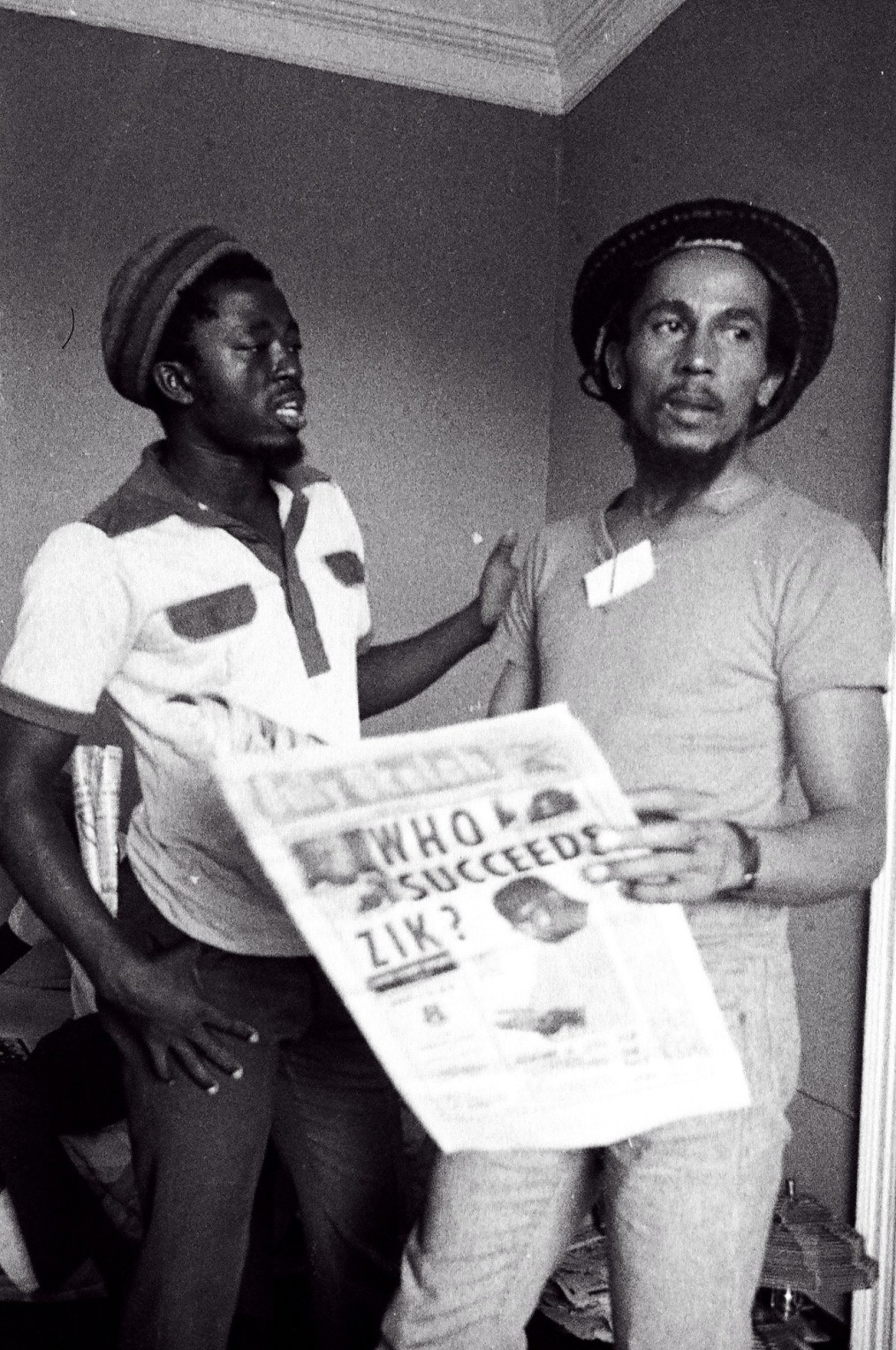Making The Right Choice.
Ok, let us imagine this scenario.
Mr John Doe has found a wonderful publisher for his book, and it’s time to negotiate the contract.
Yes, it can be a very exciting time, but Mr Doe must not allow the excitement to blind him into ignoring the many details involved in what is undoubtedly the single most important transaction that will take place in the life of his book.
Even if Mr Doe has an agent, he will need to overstand the issues, so that he knows exactly what he is agreeing to when he signs on the dotted line.
Otherwise, as we are all aware, Mr Doe may find out much too late that there are unexpected or unfair consequences.
From where I stand I have made certain enquiries concerning book contracts and have drawn up a Hit List of some of the most fundamental points which must be addressed before pen is attached to paper.
1] Rights granted (form, language, market, time):
2] Amount and schedule of advance and royalties:
3] Delivery Issues;
4] Acceptance of manuscript;
5] Exclusive commitment to particular editor;
6] Editor obliged to edit (written editorial guidance, line-editing, proofreading);
7] Publication Issues;
8] Author Approvals;
9] Advertising and promotion commitment;
10] Cost of permissions, illustrations, photographs;
11] Accounting and payment.
12] Warranties, Indemnities and Liabilities;
13] Remaindering.
14] Revisions;
15] Reversion and termination of contract; out-of-print provision; reversion of unexercised rights;
16] Assignment of Rights/Obligations;
17] Agency clause.
18] Option;
19] Free Copies;
20] Conflicting Publications;
21] Mediation/Arbitration;
It is established that each book publisher has a standard publishing contract but once Mr Doe has fully overstood those twenty one solid principles that are the stock of any book contract, he is then free to sign on the dotted line.
If Mr Doe’s book acquires significant commercial success, the copyright law could mean Mr Doe and heirs and his publisher will be bound together for a very long time plus 70 years.
It is therefore up to Mr Doe to limit what he is selling.
One thing is certain. If a publisher will not make changes in a contract, Mr Doe must decide if he can live with it as it is, or whether the refusal to make changes will cause Mr Doe to walk away from the agreement.
We all have choices in our lives and whichever one we choose, it will all be an experience.
*Portrait of reggae legend Bob Marley with Lip taken in 1980 at 56 Hope Road, Kingston. This portrait was prominently featured in the Kevin Macdonald film, MARLEY.*
